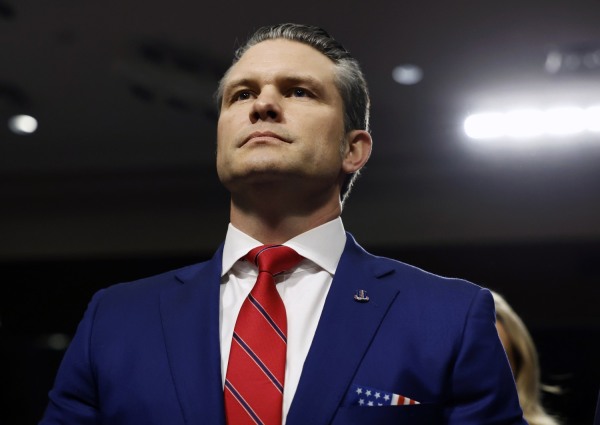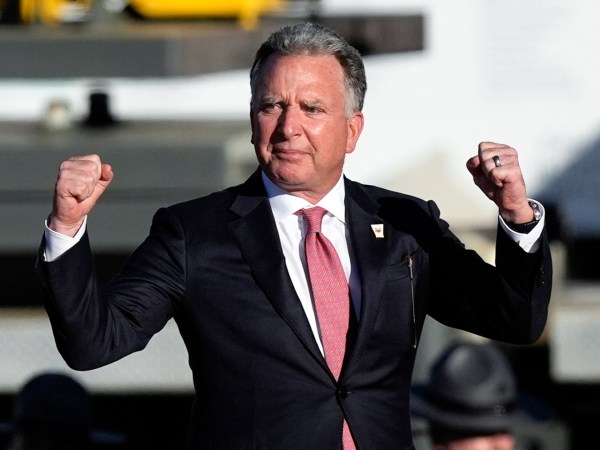This is the script for my national network radio report yesterday calling on drone giant #
DJI to restore the geofencing flight blocking features in their "FlySafe" system, that they recently removed, making potentially dangerous incursions by DJI #
drones into restricted U.S. airspace far more likely. I also call for the system to be improved and mandated for all non-toy drones flying in U.S. airspace, irrespective of manufacturer. As always, there may have been some minor wording variations from this script as I presented my report live on air.
- - -
Yeah, why would Chinese drone giant DJI choose now to remove the part of their FlySafe system that helps block flying drones in restricted U.S. airspace? They say this was long planned and wasn't political. It's true that they began the FlySafe warning and blocking system voluntarily in 2013, it never has been a legal requirement, and they already had ended the geofence-based blocking parts of it in the EU.
And yes, legally the responsibility for obeying flight restrictions and flying safely are the pilot's and not the manufacturer's. And true the system has never been perfect. It doesn't block every flight that shouldn't occur and it sometimes is too aggressive and blocks flights when they should be permitted, but it still has been very useful.
You might assume that everyone in the drone community would be thrilled at the removal of flight blocking, but actually not. Many are pleading with DJI to restore the flight blocking part of FlySafe -- and not just give warnings as FlySafe is now doing after DJI's change. Even DJI's own former head of global policy is very concerned about this major change, that he feels has eliminated an important and useful safety system.
Irrespective of DJI's EU experience with FlySafe, the political and regulatory climates here in the U.S. are very different. The clock is ticking on a DJI ban that Congress passed on a bipartisan basis, unless DJI can somehow prove it's not a national security risk. A proposed DJI ban from the Commerce department also was recently initiated. I've been clear that I haven't seen evidence of national security risks in DJI drones (or TikTok for that matter) and that I've opposed both of those bipartisan bans.
But the big concerns obviously are that these FlySafe changes now, especially right after that recent apparently DJI drone hit on an L.A. firefighting plane forcing it down, could result in many more accidents and safety risks. They could also trigger massive blowback from politicians in both parties, and a whole new push to restrict drones in ways that might not only effectively destroy the hobby, but much more importantly a vast number of important business uses and life-critical law enforcement, search and rescue, agriculture, and a multitude of other important applications as well.
There's fear that there will be more drone flights into restricted areas like airports, prisons -- it's a long possible list -- given that FlySafe is no longer trying to block those flights. And even if most drone pilots are careful and follow all the rules, it only takes a small percentage of them who either don't care about those rules or are new to flying drones and don't understand those rules, to cause serious incidents that could have major negative repercussions.
I feel that DJI's change to FlySafe so that it longer even attempts to block flights in restricted areas is a very big mistake. I suggest that the right approach is to immediately restore the FlySafe blocking system as it was before their recent change, then work to improve the system in ways that better synchronize with FAA real time data, and make it easier for law enforcement, search and rescue organizations, etc. to quickly get appropriate exceptions to restrictions as needed.
And frankly I'd like to see this standardized and made a requirement for ALL non-toy drones flying in the U.S. regardless of manufacturer or country of origin.
Right now, DJI is by FAR the leader in the drone industry in the U.S. and this requires they they show an additional level of responsibility.
Drones in this country are at an inflection point, and the alternatives to my suggestion are likely to be more drones creating dangerous situations by flying where they shouldn't be, and reactions that could decimate the industry and cripple a wide range of important applications where these devices have become key to many businesses, our food supply, and much more, including saving lives.
And that should matter to us all.
- - -
L



